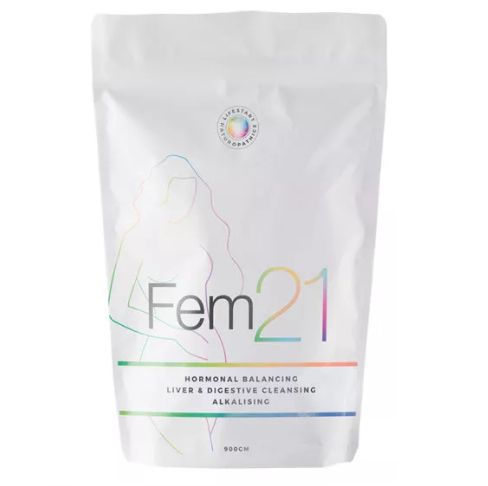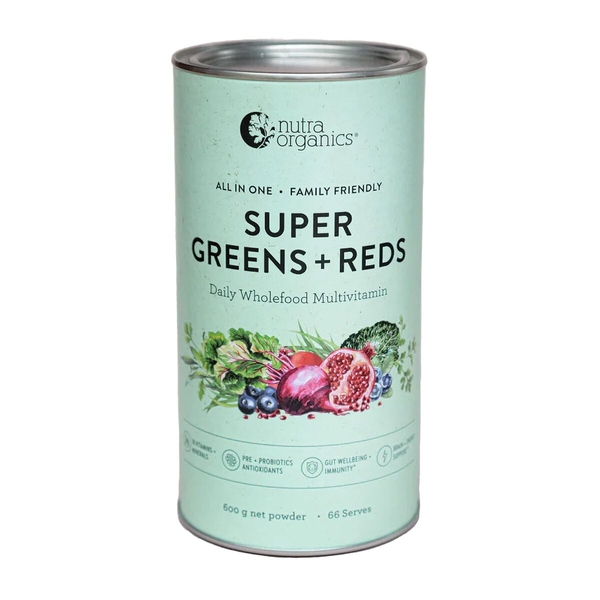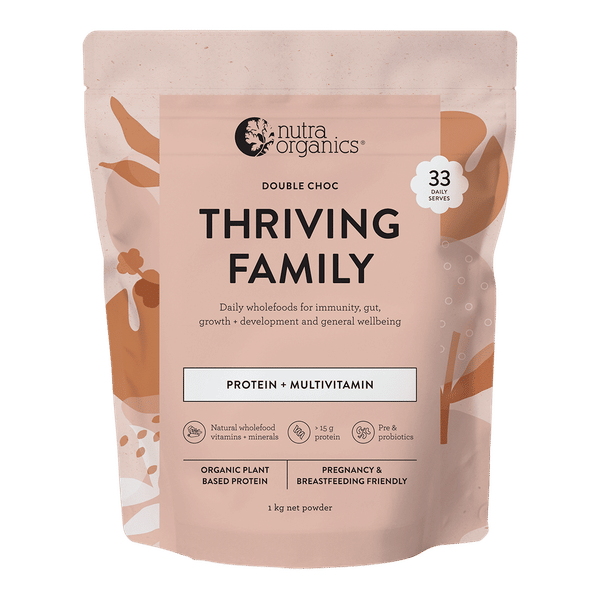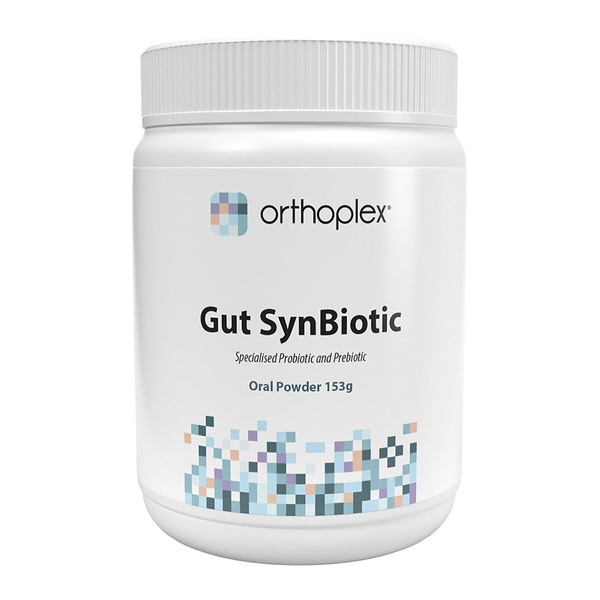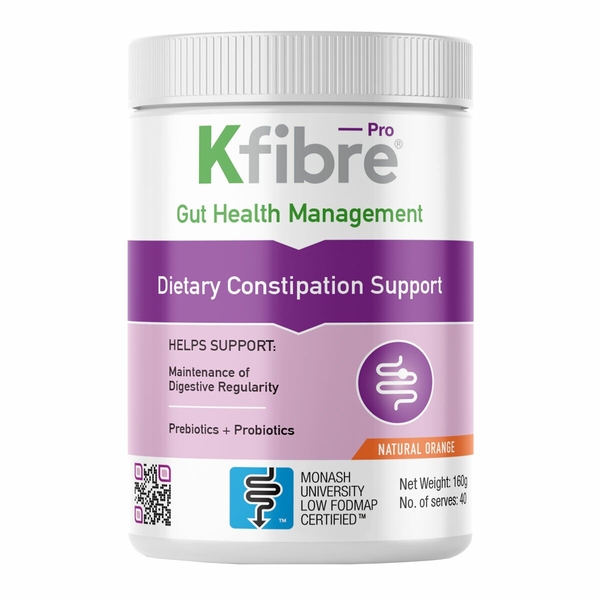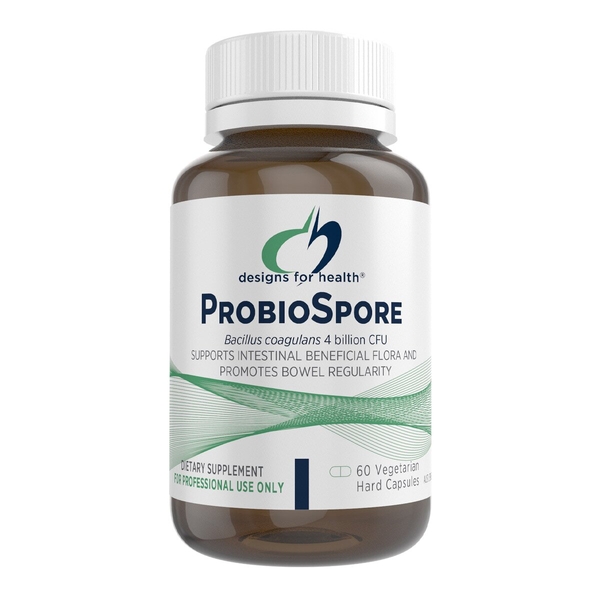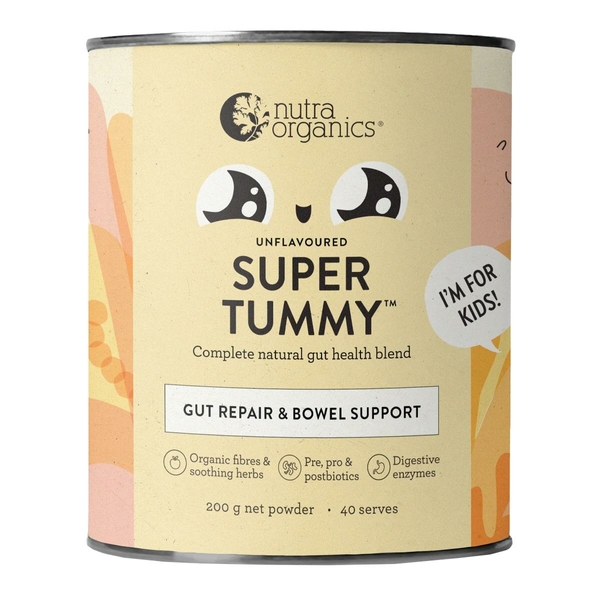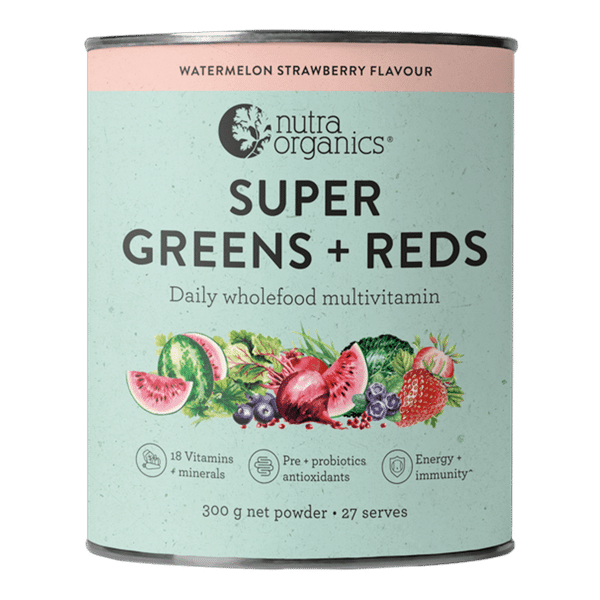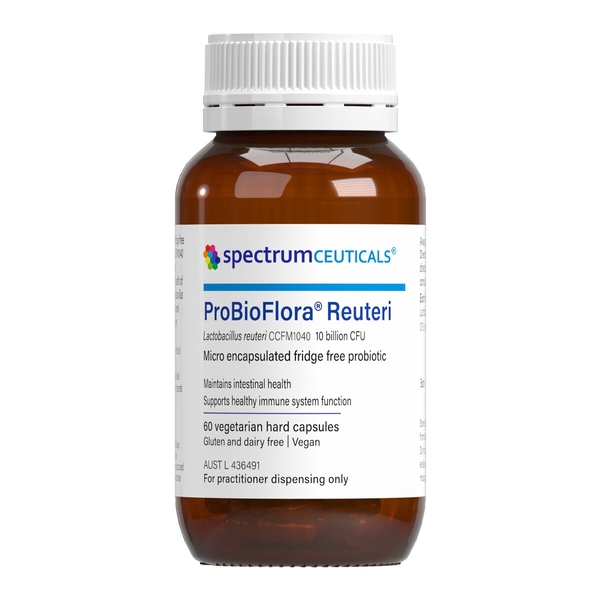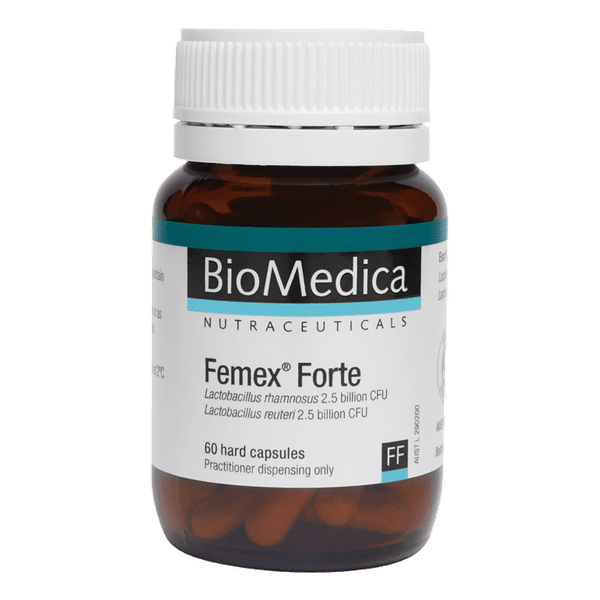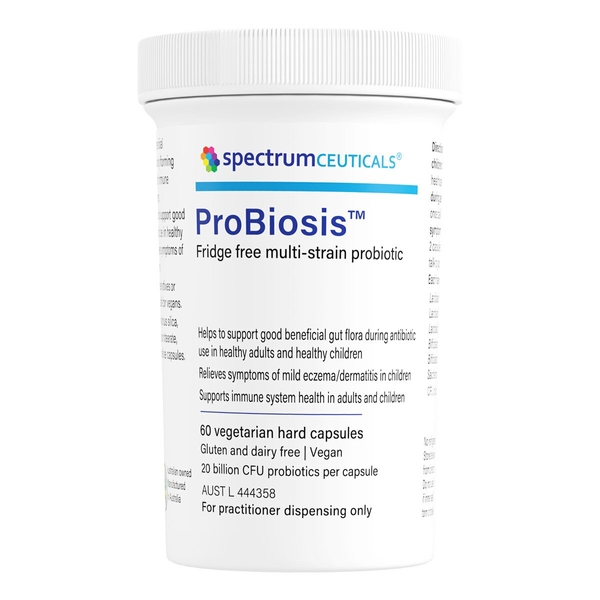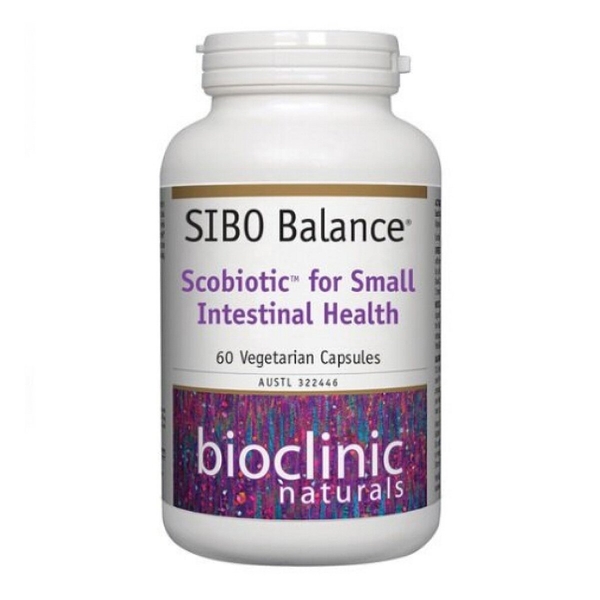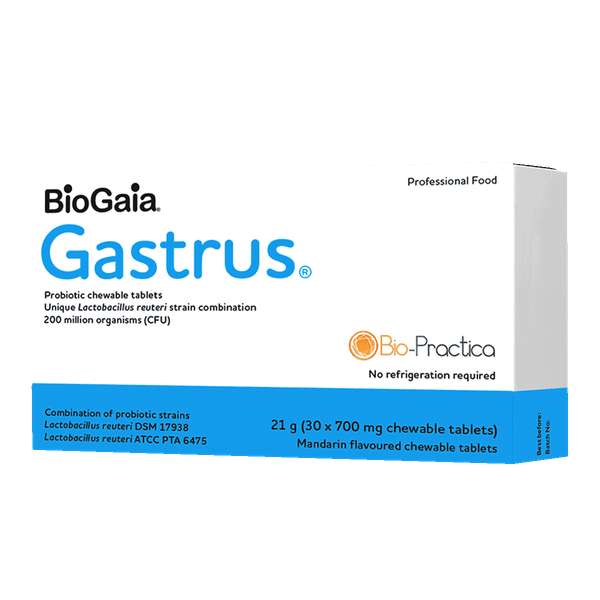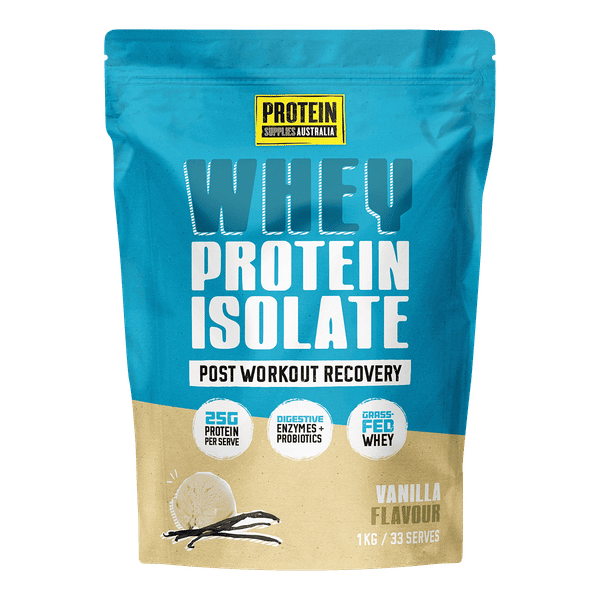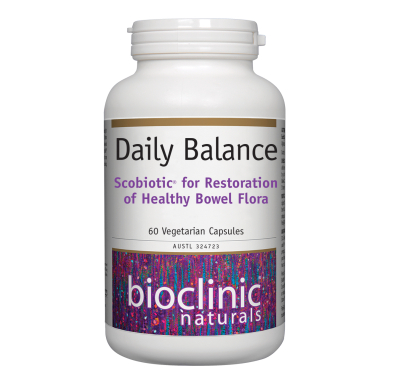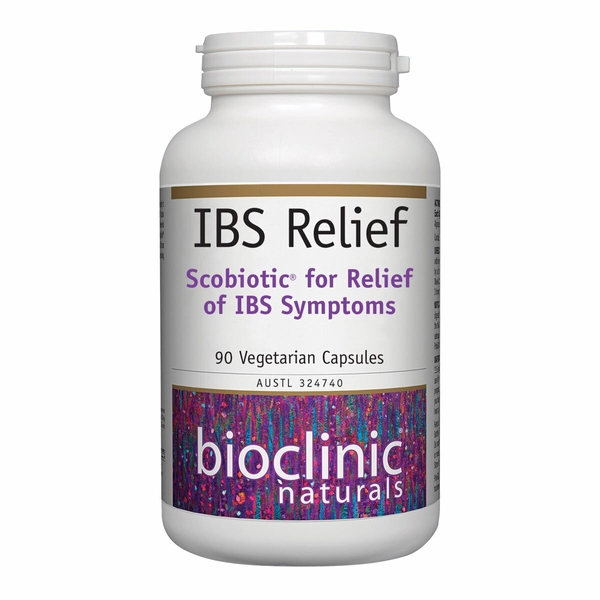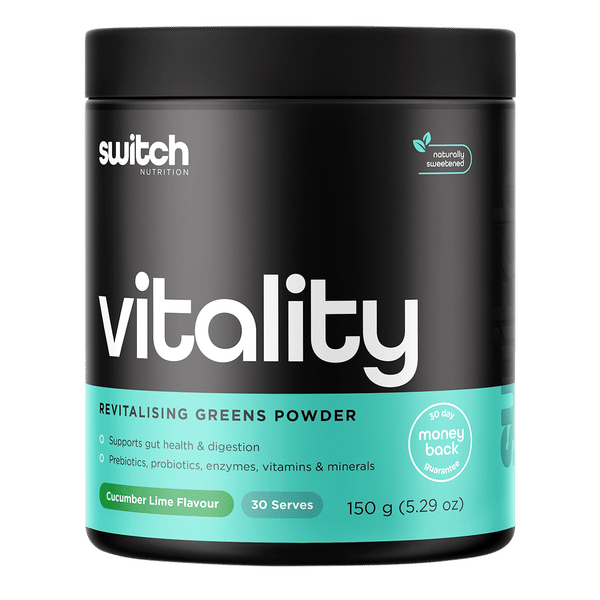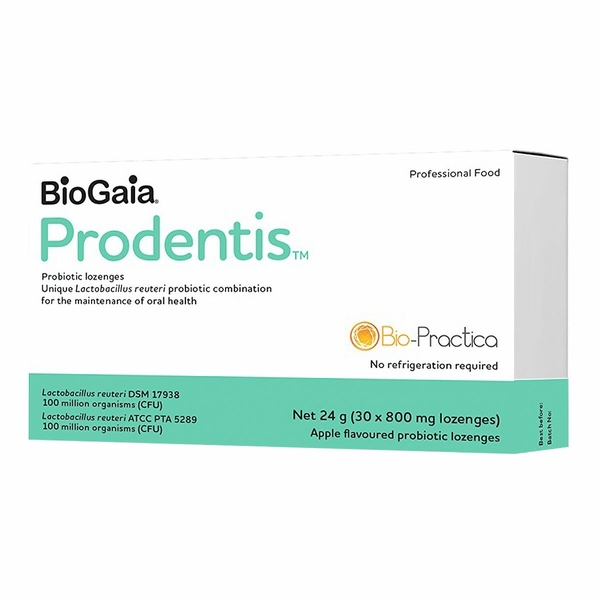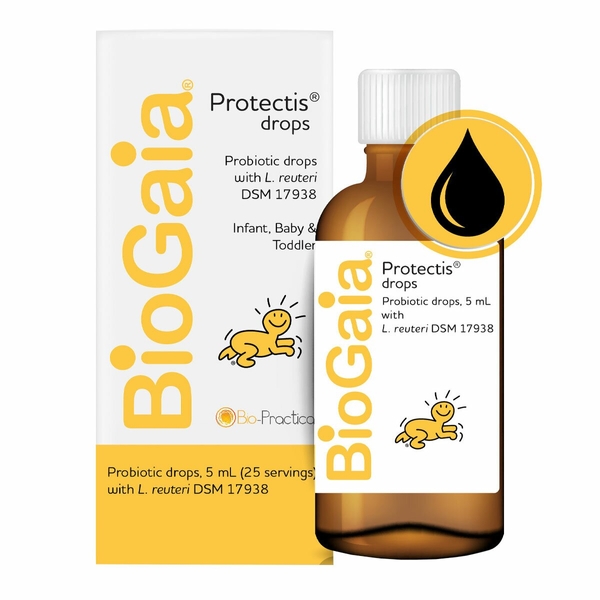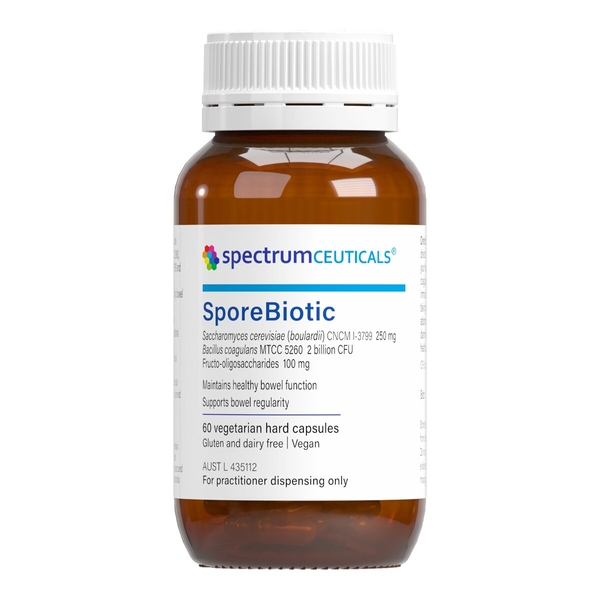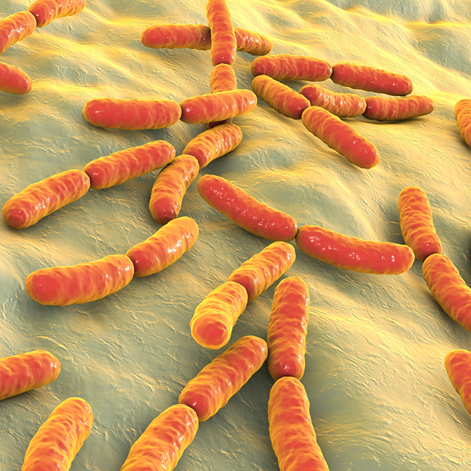
Probiotics
Alternate names: Probiotic, Probiotique
Actions: General, Antibacterial, Immunomodulating
Background
Probiotics are live bacteria and yeasts that are thought to improve health. The most common are lactobacilli, bifidobacteria, and Saccharomyces boulardii.
Many bacteria and other organisms live in our bodies normally. These "good" bacteria and yeasts can help break down food, absorb nutrients, and fight off "bad" organisms that might cause diseases. Probiotics are sometimes taken as supplements and are also found in foods such as yogurt.
Probiotics are used for many different types of diarrhea, irritable bowel syndrome (IBS), constipation, and many other conditions. Keep in mind that not all probiotics have the same effects. One probiotic or combination of probiotics may be helpful for certain conditions, while other probiotics are not. Also, there is no good evidence to support using any probiotics for COVID-19.
Many bacteria and other organisms live in our bodies normally. These "good" bacteria and yeasts can help break down food, absorb nutrients, and fight off "bad" organisms that might cause diseases. Probiotics are sometimes taken as supplements and are also found in foods such as yogurt.
Probiotics are used for many different types of diarrhea, irritable bowel syndrome (IBS), constipation, and many other conditions. Keep in mind that not all probiotics have the same effects. One probiotic or combination of probiotics may be helpful for certain conditions, while other probiotics are not. Also, there is no good evidence to support using any probiotics for COVID-19.
Safety Safety definitions
When taken by mouth: Commonly used probiotic species seem to be safe for most adults. Some of the most well-studied species include L. acidophilus, L. casei, L. paracasei, L. plantarum, L. reuteri, L. rhamnosus, B. bifidum, B. breve, B. lactis, B. longum, S. thermophilus, and/or S. boulardii. Side effects are usually mild and most often include gas or bloating. There isn't enough reliable information about the safety of other probiotic species.
When inserted into the vagina: Probiotics containing L. acidophilus, L. plantarum, and L. rhamnosus are likely safe when used short-term. There isn't enough reliable information to know if other probiotic species are safe.
Children: It is likely safe for children to take probiotic products containing L. acidophilus, L. casei, L. paracasei, L. plantarum, L. reuteri, L. rhamnosus, B. bifidum, B. breve, B. lactis, and/or B. longum. It is possibly safe for children to take probiotic products containing B. coagulans, L. gasseri, L. helveticus, L. johnsonii, L. brevis, L. salivarius, L. fermentum, S. boulardii, and/or S. thermophilus. There isn't enough reliable information to know if other probiotic species are safe for children or if probiotics are safe for very small premature infants.
Central lines: Infections of the blood have been reported in people who have central lines and take probiotics, especially S. boulardii. In many cases, infections were caused when the catheter became contaminated. If you have a central line, talk with your healthcare provider before taking probiotics.
Digestive system problems: Infections of the blood have been reported in a small number of people with digestive system conditions such as short bowel syndrome, ulcerative colitis, or intestinal obstruction (after abdominal surgery) who were taking probiotics. If you have any of these conditions, talk with your healthcare provider before taking probiotics.
Weakened immune system: Probiotics have caused blood infections in a small number of people with weakened immune systems. If you have a weakened immune system, talk with your healthcare provider before taking probiotics.
Damaged heart valves: Probiotic preparations containing lactobacilli can cause an infection in the inner lining of the heart chambers and heart valve. This is extremely rare, but people with damaged heart valves should stop taking probiotics before dental procedures or surgical procedures.
Yeast allergy: People with yeast allergy can be allergic to probiotic products containing S. boulardii and should avoid these products if possible.
When inserted into the vagina: Probiotics containing L. acidophilus, L. plantarum, and L. rhamnosus are likely safe when used short-term. There isn't enough reliable information to know if other probiotic species are safe.
Special Precautions & Warnings:
Pregnancy and breast-feeding: It is possibly safe to take probiotic products containing L. acidophilus, L. casei, L. fermentum, L. paracasei, L. plantarum, L. reuteri, L. rhamnosus, L. salivarius, B. bifidum, and/or B. longum by mouth while pregnant or breast-feeding. There isn't enough reliable information to know if other probiotic species are safe to use when pregnant or breast-feeding. Stay on the safe side and avoid use.Children: It is likely safe for children to take probiotic products containing L. acidophilus, L. casei, L. paracasei, L. plantarum, L. reuteri, L. rhamnosus, B. bifidum, B. breve, B. lactis, and/or B. longum. It is possibly safe for children to take probiotic products containing B. coagulans, L. gasseri, L. helveticus, L. johnsonii, L. brevis, L. salivarius, L. fermentum, S. boulardii, and/or S. thermophilus. There isn't enough reliable information to know if other probiotic species are safe for children or if probiotics are safe for very small premature infants.
Central lines: Infections of the blood have been reported in people who have central lines and take probiotics, especially S. boulardii. In many cases, infections were caused when the catheter became contaminated. If you have a central line, talk with your healthcare provider before taking probiotics.
Digestive system problems: Infections of the blood have been reported in a small number of people with digestive system conditions such as short bowel syndrome, ulcerative colitis, or intestinal obstruction (after abdominal surgery) who were taking probiotics. If you have any of these conditions, talk with your healthcare provider before taking probiotics.
Weakened immune system: Probiotics have caused blood infections in a small number of people with weakened immune systems. If you have a weakened immune system, talk with your healthcare provider before taking probiotics.
Damaged heart valves: Probiotic preparations containing lactobacilli can cause an infection in the inner lining of the heart chambers and heart valve. This is extremely rare, but people with damaged heart valves should stop taking probiotics before dental procedures or surgical procedures.
Yeast allergy: People with yeast allergy can be allergic to probiotic products containing S. boulardii and should avoid these products if possible.
Effectiveness
NatMed Pro rates effectiveness based on scientific evidence according to the following scale: Effective, Likely Effective, Possibly Effective, Possibly Ineffective, Likely Ineffective, Ineffective, and Insufficient Evidence to Rate.
Possibly effective Effectiveness definitions
- Stomach pain. Taking a specific probiotic called L. reuteri by mouth seems to reduce stomach pain in children. It's not clear if other probiotic species help.
- Diarrhea in people taking antibiotics (antibiotic-associated diarrhea). Taking probiotics by mouth, especially S. boulardii, B. subtilis, and some lactobacilli and bifidobacteria, seems to reduce the risk of getting diarrhea from antibiotics in both adults and children.
- Eczema (atopic dermatitis). Taking probiotics by mouth, especially lactobacilli, seems to help prevent eczema in children. But it doesn't seem to help treat eczema.
- Prone to allergies and allergic reactions (atopic disease). Taking a specific probiotic strain (L. rhamnosus GG; Culturelle) by mouth seems to help prevent allergic reactions in babies. Other probiotic products don't seem to work as well.
- Overgrowth of bacteria in the vagina. Taking probiotics by mouth or applying to the vagina, either alone or with antibiotics, seems to help treat this condition.
- Infection of the gastrointestinal tract by a bacteria called Clostridium difficile. Taking probiotics by mouth might reduce the chance of developing this infection for the first time in some high-risk people. Taking S. boulardii probiotics by mouth might reduce the chance of getting this infection again in certain people who've already had it. But it's not clear if taking any other probiotics can reduce the chance of getting this infection again.
- Excessive crying in infants (colic). Giving infants L. reuteri DSM 17938 or B. animalis subsp. lactis BB-12 by mouth seems to decrease crying time in babies with colic. But probiotics don't seem to prevent colic.
- Constipation. Taking probiotics by mouth seems to help adults with constipation, but not children.
- Diarrhea. Probiotics seem to help prevent and treat diarrhea due to a variety of causes in adults and children.
- A digestive tract infection that can lead to ulcers (Helicobacter pylori or H. pylori). Taking probiotics by mouth along with the standard medications for H. pylori infection can improve how well the treatment works in some people.
- Reduced brain function in people with advanced liver disease (hepatic encephalopathy). Taking probiotics by mouth can improve brain function in people with advanced liver disease.
- High cholesterol. Taking probiotics, especially L. plantarum and L. reuteri, by mouth seems to help lower cholesterol in some people with high cholesterol.
- A long-term disorder of the large intestines that causes stomach pain (irritable bowel syndrome or IBS). Taking probiotics by mouth seems to improve symptoms such as stomach pain and bloating in people with IBS.
- Liver transplant. Taking probiotics by mouth seems to improve recovery and reduce infections following a liver transplant.
- A serious intestinal disease in premature infants (necrotizing enterocolitis or NEC). Giving products containing multiple probiotics by mouth to preterm infants seems to reduce the chance of developing this condition. However, it isn't clear which probiotic or group of probiotics might work best. Also, some probiotics have caused blood infections in very small premature infants.
- Ear infection (otitis media). Taking a probiotic by mouth seems to help prevent ear infections in children.
- A complication after surgery for ulcerative colitis (pouchitis). Taking products containing multiple probiotics by mouth seems to help treat pouchitis in some people.
- A complication after surgery for ulcerative colitis (pouchitis). Taking products containing multiple probiotics by mouth seems to help treat pouchitis in some people.
- Diarrhea caused by radiation therapy. Taking probiotics by mouth seems to help prevent diarrhea caused by radiation therapy.
- Infection of the airways. Taking probiotics by mouth might reduce the chance of developing an airway infection in children and adults. It isn't clear which probiotic might work best.
- Diarrhea caused by rotavirus. Taking S. boulardii probiotics by mouth can reduce the length of diarrhea in children with rotaviral diarrhea. It's not clear if other probiotics help.
- Ulcerative colitis. Taking products containing multiple probiotics by mouth seems to help reduce symptoms of ulcerative colitis in some people.
Possibly ineffective Effectiveness definitions
- Decline in memory and thinking skills that occurs normally with age. Taking probiotics containing B. breve by mouth does not seem to improve thinking and memory skills in older adults. It's not clear if other probiotics might help.
- A type of inflammatory bowel disease (Crohn disease). Taking probiotics by mouth doesn't increase the chance of remission from Crohn disease. It also doesn't decrease the chance of relapse for people who are already in remission.
- Airway infections caused by exercise. Taking probiotics by mouth, especially lactobacilli, doesn't reduce the risk of developing an airway infection after exercise.
- Blood infection (sepsis). Taking probiotics by mouth doesn't seem to reduce the chance of sepsis in premature babies.
- Vaginal yeast infections. Taking probiotics by mouth or using vaginal suppositories doesn't help treat or prevent vaginal yeast infections.
Dosing & administration
Probiotics are commonly taken in dietary supplements and foods, such as yogurt. The most common probiotics found in these products include various types of lactobacilli, bifidobacteria, and Saccharomyces boulardii. But many other bacteria and yeast species can be found in probiotic products.
The strength of bacterial probiotics is usually given as the number of living organisms, or colony-forming units (CFU), per capsule. The strength of fungal probiotics may be given in micrograms or milligrams. To learn more about how specific probiotics are typically used, review our monographs on those topics.
The strength of bacterial probiotics is usually given as the number of living organisms, or colony-forming units (CFU), per capsule. The strength of fungal probiotics may be given in micrograms or milligrams. To learn more about how specific probiotics are typically used, review our monographs on those topics.
Interactions with pharmaceuticals
Antibiotic drugs
Interaction Rating=Moderate Be cautious with this combination.
Most probiotics are friendly bacteria. Antibiotics are used to reduce harmful bacteria in the body. Taking antibiotics along with these probiotics can reduce the effects of the probiotics. To avoid this interaction, take probiotic products at least 2 hours before or after antibiotics.
Medications for fungal infections (Antifungals)
Interaction Rating=Minor Be watchful with this combination.
Some probiotics are friendly yeasts (fungi). Medications for fungal infections help reduce fungus in and on the body. Taking antifungals along with probiotics that are yeasts can reduce the effects of these probiotics.
Interactions with herbs & supplements
There are no known interactions with herbs and supplements.
Interactions with foods
There are no known interactions with foods.
Products
View all productsPer 10 g:
- Lactobacillus reuteri
- Bacillus coagulans (MTCC 5260)
- Wheatgrass powder
- Brassica oleracea var. italica (Broccoli)
- Hordeum vulgare (leaf) powder
- Plantago ovata (husk) (Psyllium)
- Citrus limon (Lemon)
- Fucus vesiculosus
- Zingiber officinale
- Actaea racemosa
- Rosmarinus officinalis
- Silybum marianum
- Glycyrrhiza glabra
- Vitex agnus-castus (fruit)
- Eleutherococcus senticosus
- Taraxacum officinale
- Stevia rebaubiana
- Lactobacillus acidophilus
- Cinnamon zeylanicum (bark)
- Punica granatum
- Rubus idaeus
- Green banana
- Centella asiatica
- Fructooligosaccharides
RRP: $171.80$137.43Save: 20%
Create account
Per 9 g:
- Bacillus coagulans (GBI-30)
- Chlorella pyrenoidosa powder
- Brassica oleracea var. acephala (leaf) powder (Kale)
- Inulin (Dietary fibre)
- Medicago sativa
- Brassica oleracea var. italica (Broccoli)
- Spinacia oleracea (Spinach)
- Green banana
- Arthrospira platensis (Spirulina)
- Laminaria digitara (Kelp)
- Euterpe oleracea (berry) ext. (Acai)
- Vaccinium corymbosum
- Malpighia glabra
- Beta vulgaris
- Punica granatum juice dry
- Lycium chinese
- Golden pea protein (sprout) bio-fermented
- Apple pectin
- Rubus idaeus (berry)
- Fragaria ananassa (Strawberry)
- Hippophae rhamnoides
- Lycopersicon esculentum
- Arctic sea algae
- Sea salt
- Sunflower seed extract
- Ananas comosus (Pineapple)
- Citrus limon (Lemon)
- Linum usitatissimum (seed) (Flaxseed)
- Malus (Apple)
- Lepidium meyenii
- Natural flavours
- Silybum marianum
- Equisetum arvense
- Centella asiatica
- Glycyrrhiza glabra (root)
- Althaea officinalis (root)
- Melissa officinalis
- Taraxacum officinale (leaf)
- Zingiber officinale (root)
- Withania somnifera
- Aloe barbadensis (leaf)
- Panax ginseng
- Pumpkin powder
- Sweet potato powder
- Sunflower seed
- Vaccinium macrocarpon
- Grifola frondosa (mushroom)
- Lentinula edodes (mushroom)
- Myrciaria dubia (fruit) powder (Camu Camu)
- Protease
- Amylase enzyme
- Lipase
- Cellulase
- Lactase
- Mesquite (pod) powder
- Thaumatin
- Prunus salicina (Queen Garnet plum)
- Chlorella pyrenoidosa powder
RRP: $139.95$118.97Save: 15%
Create account
Per serve (Double Choc):
- Bacillus coagulans (GBI-30)
- Golden pea protein (sprout) bio-fermented
- Oryza sativa (Brown rice protein)
- Natural flavours
- Arctic sea algae
- Linseed
- Apple pectin
- Inulin (Dietary fibre)
- Curry leaf extract
- Psidium guajava (Guava)
- Phyllanthus emblica
- Bixa orellana (seed)
- Ocimum tenuiflorum
- Citrus limon (Lemon)
- Thaumatin
- Theobroma cacao (Cocoa powder)
1 kg Double Choc
RRP: $109.95$91.26Save: 17%
Create account
Practitioner product
Per 4 g (Orange):
- Bacillus coagulans 1 billion CFU
- Saccharum officinarum (Sugarcane fibre)
- Actinidia deliciosa (fruit) powder
- Citric acid anhydrous
- Natural orange flavour
- Magnesium phosphate tribasic
- Potassium bicarbonate
- Beta-carotene carotenoids (Vitamin A) 40 mg
- Cyamopsis tetragonoloba (Guar gum)
- Xanthan gum
- Silicon dioxide
- Stevia rebaubiana
RRP: $64.96$58.47Save: 10%
Create account
Practitioner product
Per 5 g (Unflavoured):
- Bacillus coagulans (GBI-30)
- Green banana starch
- Inulin (Dietary fibre)
- Cyamopsis tetragonoloba (Partially hydrolysed guar gum (PHGG))
- Apple pectin
- Fructooligosaccharides
- Arctic sea algae
- Protease
- Amylase enzyme
- Lipase
- Cellulase
- Lactase
- Hippophae rhamnoides
- Curcumin (Turmeric)
- Zingiber officinale
- Melissa officinalis
- Glycyrrhiza glabra (root)
- Psidium guajava (leaf)
- Vitis vinifera
- Thaumatin
RRP: $44.95$38.20Save: 15%
Create account
Per 11 g:
- Bacillus coagulans (GBI-30)
- Golden pea protein (sprout) bio-fermented
- Medicago sativa
- Arthrospira platensis (Spirulina)
- Brassica oleracea var. acephala (leaf) powder (Kale)
- Chlorella vulgaris
- Brassica oleracea var. italica
- Spinacia oleracea
- Laminaria digitara (Kelp)
- Vaccinium corymbosum
- Fragaria ananassa (Strawberry)
- Euterpe oleracea (berry) ext. (Acai)
- Rubus idaeus
- Punica granatum
- Beta vulgaris
- Lycium barbarum
- Malpighia glabra
- Hippophae rhamnoides
- Lycopersicon esculentum (Tomato)
- Natural flavours
- Inulin (Dietary fibre)
- Apple pectin
- Green banana starch
- Arctic sea algae
- Sea salt
- Linum usitatissimum (seed) (Flaxseed)
- Citrus limon (Lemon)
- Sunflower seed extract
- Ananas comosus (Pineapple)
- Malus (Apple)
- Lepidium meyenii
- Silybum marianum
- Centella asiatica
- Glycyrrhiza spp. (root)
- Althaea officinalis (root)
- Melissa officinalis
- Taraxacum officinale (leaf)
- Zingiber officinale (root)
- Aloe barbadensis (leaf)
- Panax ginseng
- Pumpkin powder
- Sweet potato powder
- Vaccinium macrocarpon
- Grifola frondosa
- Lentinula edodes
- Myrciaria dubia (fruit) powder (Camu Camu)
- Protease
- Amylase enzyme
- Lipase
- Cellulase
- Lactase
- Mesquite (pod) powder
- Thaumatin
RRP: $84.95$72.22Save: 15%
Create account
Practitioner product
Practitioner product
Per capsule:
- Lactobacillus reuteri (CCFM1040) 3 billion CFU
- Lactobacillus rhamnosus GG (ATCC 53103) 5 billion CFU
- Lactobacillus gasseri LG-36 (ATCC SD 5585) 1 billion CFU
- Bifidobacterium breve M-16V (LMG 23729) 1 billion CFU
- Saccharomyces cerevisiae (boulardii) (CNCM I-3799) (SB) 5 billion CFU
- Bifidobacterium animalis ssp. lactis (BL-12) (ATCC 27536) 5 billion CFU
Practitioner product
Per capsule:
- Lactobacillus reuteri 1 billion CFU
- Lipase 1200 LipU
- Iberis amara ext. 50 mg
- Lactobacillus brevis 1 billion CFU
- Lactobacillus fermentum 1 billion CFU
- Lactobacillus helveticus 1 billion CFU
- Lactobacillus bulgaricus 2 billion CFU
- Lactobacillus paracasei 1 billion CFU
- Lactobacillus rhamnosus 1 billion CFU
- Lactobacillus salivarius 1 billion CFU
- Streptococcus thermophilus 1 billion CFU
- Allium sativum powder 100 mg
- Wolfiporia extensa ext. 125 mg
- Arthrospira platensis (Spirulina) 50 mg
Practitioner product
Per tablet (Mandarin):
Practitioner product
Per 30 g (Vanilla Bean):
- Bacillus coagulans (MTCC 5260)
- Whey protein isolate 29.94 g
- Sunflower lecithin
- Natural flavours
- Stevia rebaubiana
- Vanilla planifolia (Vanilla bean)
- Protease
- Amylase enzyme
- Cellulase
- Lactase
- Lipase
RRP: $94.95$77.86Save: 18%
Create account
Per capsule:
- Lactobacillus reuteri 0.25 billion CFU
- L-glutamic acid 25 mg
- Glutamic acid hydrochloride 25 mg
- Echinacea angustifolia ext. 25 mg
- Saccharomyces cerevisiae (SB) 35.72 mg equiv. bakers yeast beta glucan 178.6 mg
- Cichorium intybus powder 33.19 mg
- Bifidobacterium animalis ssp. lactis 0.5 billion CFU
- Bifidobacterium bifidum 0.5 billion CFU
- Bifidobacterium infantis 0.5 billion CFU
- Lactobacillus acidophilus 0.5 billion CFU
- Lactobacillus brevis 0.25 billion CFU
- Lactobacillus casei 0.25 billion CFU
- Lactobacillus delbrueckii ssp. bulgaricus 0.25 billion CFU
- Lactobacillus fermentum 0.25 billion CFU
- Lactobacillus gasseri 0.25 billion CFU
- Lactobacillus helveticus 0.25 billion CFU
- Lactobacillus paracasei 0.5 billion CFU
- Lactobacillus plantarum 0.25 billion CFU
- Lactobacillus rhamnosus 0.25 billion CFU
- Lactobacillus salivarius 0.25 billion CFU
- Lipase 600 LipU
- Polyporus umbellatus powder 50 mg
- Grifola frondosa powder 50 mg
- Cordyceps sinensis powder 50 mg
- Ganoderma lucidum powder 25 mg
- Poria cocos ext. 25 mg
- Arthrospira platensis (Spirulina) 55 mg
- Yeast 25 mg equiv. selenium 50 µg
- Iberis amara ext. 50 mg
- Apple pectin 25 mg
- Yucca gloriosa ext. 25 mg
Practitioner product
Per capsule:
- Lactobacillus reuteri 0.67 billion CFU
- Saccharomyces cerevisiae (SB) 11.9 mg equiv. bakers yeast beta glucan 59.5 mg
- Bifidobacterium longum ssp. infantis 1.33 billion CFU
- Lactobacillus acidophilus 1.33 billion CFU
- Lactobacillus casei 1.33 billion CFU
- Lactobacillus gasseri 0.67 billion CFU
- Lactobacillus paracasei 1.33 billion CFU
- Lactobacillus plantarum 1.33 billion CFU
- Lactobacillus rhamnosus 0.67 billion CFU
- Lactobacillus salivarius 0.67 billion CFU
- Streptococcus thermophilus 0.67 billion CFU
- Saccharomyces cerevisiae (boulardii) (SB) 8.33 mg
- Saccharomyces cerevisiae (Brewer’s yeast) 8.33 mg
- Ganoderma lucidum powder 83.33 mg
- Yeast 8.33 mg equiv. chromium 16.67 µg
- Yeast 10.41 mg equiv. molybdenum 20.8 µg
- Yeast 24.6 mg equiv. selenium 49 µg
- Colostrum - bovine 33.3 mg
- L-glutamic acid 33.3 mg
- Glutamic acid hydrochloride 33.3 mg
- Iberis amara ext. 33.3 mg
- Yucca gloriosa ext. 33.34 mg
Practitioner product
Per 5 g (Cucumber Lime):
- Bacillus coagulans 4 billion CFU
- Brassica oleracea var. italica powder 250 mg
- Arthrospira platensis (Spirulina) 100 mg
- Cordyceps sinensis 105 mg
- Lentinula edodes 100 mg
- Trametes versicolor 70 mg
- Astragalus membranaceus 100 mg
- Camellia sinensis 500 mg
- Grifola frondosa 125 mg
- Spinacia oleracea (Spinach) 175 mg
- Brassica oleracea var. acephala (leaf) powder (Kale) 175 mg
- Nasturtium officinale 160 mg
- Apium graveolens powder 110 mg
- Pleurotus eryngii 100 mg
- Lipase 750 LipU
- Protease 1000 DU
- Ananas comosus (Bromelain) 350 GDU
- Carica papaya (Papain) 40 mg
- L-glutamine 500 mg
- Lactobacillus rhamnosus 750 million CFU
- Saccharomyces cerevisiae (boulardii) (SB) 500 million CFU
- Quercetin 100 mg
- Taraxacum officinale 100 mg
- Coriandrum sativum 80 mg
- Zingiber officinale 50 mg
- Rosmarinus officinalis 50 mg
- Origanum vulgare powder 50 mg
- Natural flavours
- Stevia rebaubiana ext.
- Eleutherococcus senticosus 100 mg
- Citric acid anhydrous
- Chlorella vulgaris powder 175 mg
150 g Cucumber Lime
RRP: $59.95$53.96Save: 10%
Create account
Practitioner product
Practitioner product
vital.ly has licensed monographs from TRC Healthcare.
This monograph was last reviewed on 14/02/2025 11:00:00 and last updated on 11/07/2020 00:48:35. Monographs are reviewed and/or updated multiple times per month and at least once per year.
Natural Medicines disclaims any responsibility related to medical consequences of using any medical product. Effort is made to ensure that the information contained in this monograph is accurate at the time it was published. Consumers and medical professionals who consult this monograph are cautioned that any medical or product related decision is the sole responsibility of the consumer and/or the health care professional. A legal License Agreement sets limitations on downloading, storing, or printing content from this Database. No reproduction of this monograph or any content from this Database is permitted without written permission from the publisher. It is unlawful to download, store, or distribute content from this site.

